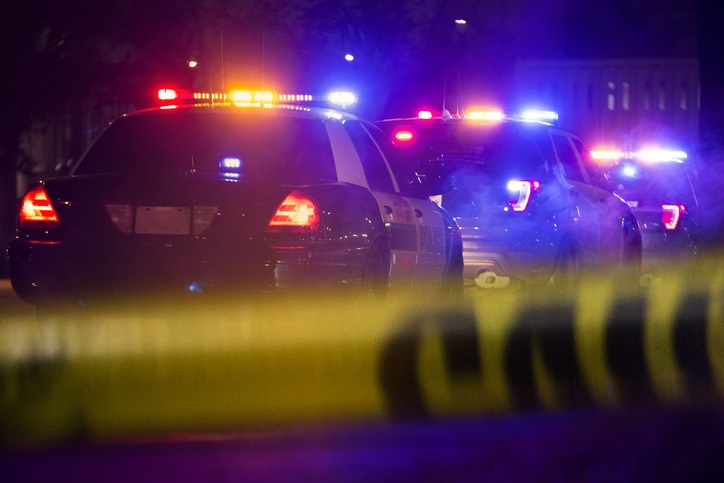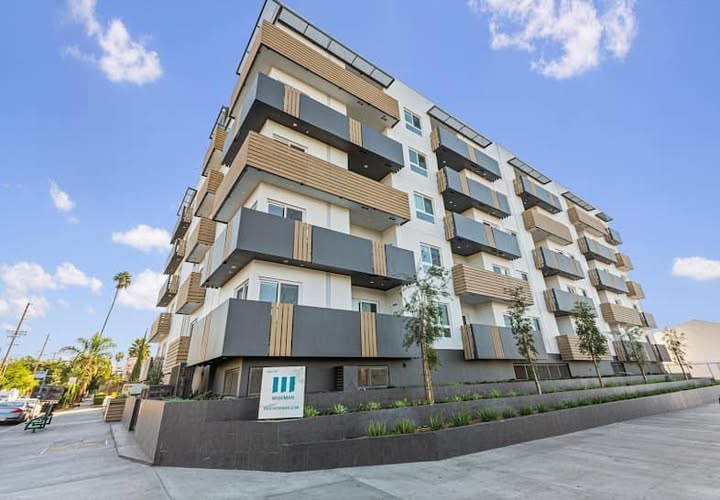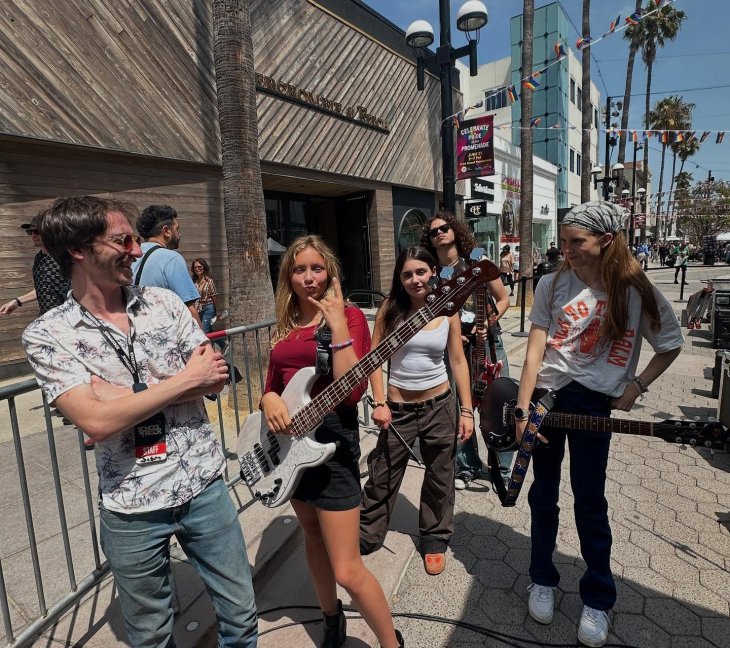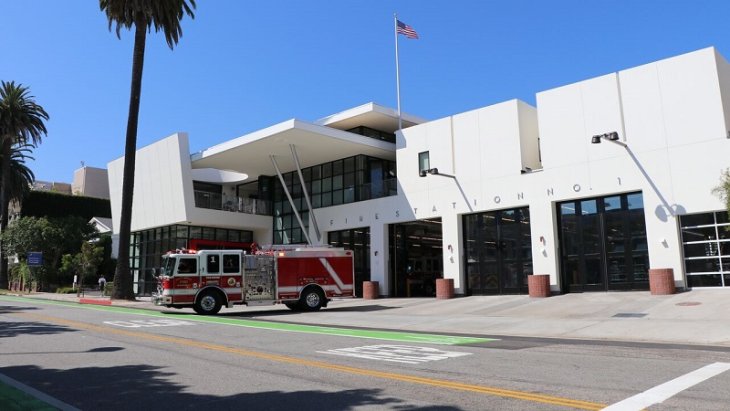 Los Angeles Mayor Eric Garcetti and City Attorney Mike Feuer urged the U.S. Supreme Court today to lift an injunction on President Barack Obama’s executive actions shielding certain undocumented immigrants from deportation.
Los Angeles Mayor Eric Garcetti and City Attorney Mike Feuer urged the U.S. Supreme Court today to lift an injunction on President Barack Obama’s executive actions shielding certain undocumented immigrants from deportation.
Garcetti and Feuer are among local officials from 118 cities and counties that joined an amicus brief arguing that by preventing the executive actions from moving forward, “integral” members of their respective cities and communities would be harmed.
“Without the guidance, millions of families in our cities and counties face the threat of deportation, destabilizing our communities and jeopardizing the welfare of families and children,” according to the brief, which was co- drafted by Feuer and New York City counterparts.
The brief also points to the potential “economic harm” of not allowing taxpaying immigrants to work and stay in the country. Obama’s executive policies are expected to inject as much as $800 million in “economic benefits” to state and local governments, according to the brief.
The brief also states that while injunction’s effects are “most immediately and acutely felt on the local level,” it was issued nationally “without any court considering local harms or weighing local harms against the narrow standing ‘injury’ established by plaintiffs: a claim by Texas, a single plaintiff state, of increased driver’s license processing costs.”
The injunction was issued against Deferred Action for Parents of Americans and an expanded version of Deferred Action for Childhood Arrivals, which call for deferring deportation proceedings and granting work permits to two groups people: those who were brought illegally to the country as children and the undocumented parents of citizens or green card holders.
A separate amicus brief was also filed today by attorneys for 16 states, including California, and the District of Columbia arguing that the injunction would block anticipated benefits to public safety and the state’s economy, and hurt the children of deported parents.
Similar amicus briefs were submitted by Los Angeles city officials and others at previous stages of the case, including when the U.S. Supreme Court was still considering whether to take up the issue.





















